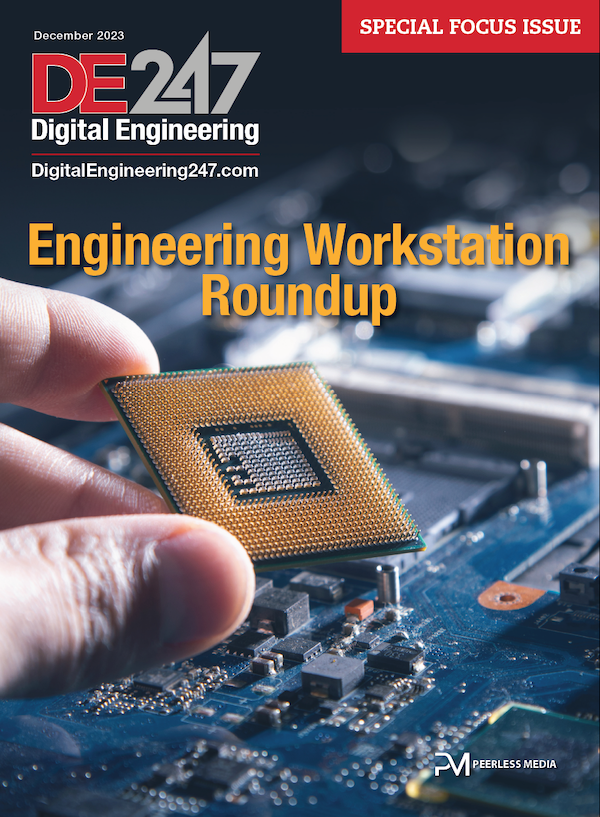Operating System Roulette
Right now there's nothing easy about choosing an operating system for your new computer.
Latest News
May 19, 2009
By Peter Varhol
 |
It’s that time again. The choices of computer and operating system for your work needs are as complex as ever.
If you are looking to buy a new computer, you can get Windows Vista today. You can wait about six months and take a gander at the released version of Windows 7. On the other hand, Windows Server might be an option if you are willing and able to configure your computer as a server. Or you can pretty much forget the whole Microsoft experience and grab one of the Linux distributions, either pre-loaded by the likes of Dell (Ubuntu Linux), or buy whatever hardware you like and download and install an OS yourself.
Of course, this decision might hinge on whether you are using any special-purpose design software, and what that software will support and when. While that may contribute to your decision, it usually isn’t the only deciding factor as choice of operating system (OS) can often be a matter of weighing tradeoffs.
Earlier this year, I wanted a new laptop computer with more power, storage, and memory (my current 2GB is just barely adequate for serious work these days). I looked at the options, considered Vista seriously, and instead opted for an inexpensive netbook running Windows XP: a system for easy traveling.
The netbook is working out OK, but not great. The tradeoff for its small and lightweight (two pounds) form factor is that designers moved around a couple of keys on the keyboard. For a touch-typist, that represents a serious slowdown in productivity.
In contrast, I bought a friend an expensive system with a lot of power, memory, graphics, and disk space. And Windows Vista Ultimate. Vista was so unstable initially that it required the application of several sets of patches, and hung up on the installation of almost all of them. We were ready to ship it back, but eventually the patches took hold and the OS started behaving somewhat normally.
If this is what Vista is like when it’s pre-installed by the manufacturer, it seems clear that those upgrading existing computers, or doing a manual installation, can have issues. It’s understandable why Vista hasn’t taken hold on the PC desktop like its predecessors.
Windows 7 seems promising. It is similar to Vista, but without some of the more complex and bloated features. While it still requires a hefty memory, disk, and graphics configuration, it should run more smoothly and reliably than Vista. Initial pre-release reviews have been largely positive, noting that the security settings aren’t nearly as confusing and annoying as they were in Vista, and that the OS seems to run faster on equivalent hardware. But you’re going to have to wait another six months before you can get it on a computer.
So your choice is Vista if you purchase today (Windows XP is no longer sold, but remains available to large organizations with enterprise license agreements), Windows 7 if you are willing to wait six months or more, or Linux if you want to take the additional effort of scouting out compatible applications and working through the occasional device driver problem. Of course, there is also the Mac, but if you choose that hardware, your OS is a given.
In my case, I am able to get a few extra months out of my existing system, so the inexpensive netbook was a reasonable compromise earlier this year. I can wait until the end of this year to purchase a more expensive system, running Windows 7. But these are the kinds of compromises that you can expect to make for the rest of the year if you are looking for a replacement computer for your work needs.
Subscribe to our FREE magazine, FREE email newsletters or both!
Latest News
About the Author
Peter VarholContributing Editor Peter Varhol covers the HPC and IT beat for Digital Engineering. His expertise is software development, math systems, and systems management. You can reach him at [email protected].
Follow DE





